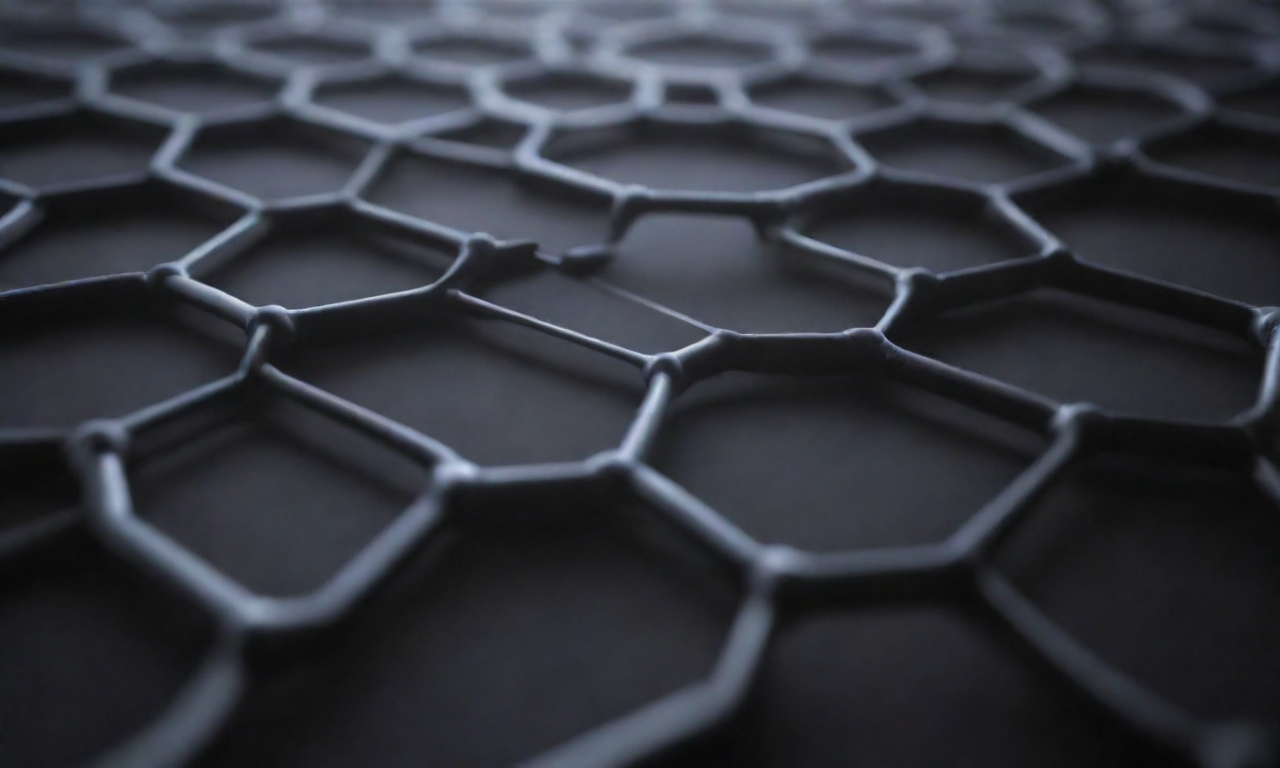Author: Liu Runan, China Science News
Image provided by Zhao Dongyuan"To make real achievements in science, I believe that 'passion' is the most important thing. This passion is not just a simple interest, but a rational thinking that arises from the heart. It is a driving force so strong that you are willing to devote everything to it." Recently, when asked about the most important thing in scientific research, Zhao Dongyuan, an academician of the Chinese Academy of Sciences and dean of the School of Chemistry and Materials at Fudan University, said so.Driven by his passion, Zhao Dongyuan has been deeply involved in the field of mesoporous materials for more than 30 years.As a new material system that emerged in the 1990s, mesoporous materials have pore sizes ranging from 2 to 50 nanometers, a very high specific surface area, a regularly ordered and adjustable pore structure, and a narrow pore size distribution. They have broad application prospects in energy, health, information, environment, and many other fields.Zhao Dongyuan and his team proposed the "organic-organic" self-assembly method, created ordered mesoporous organic polymers and mesoporous carbon materials, and expanded the application range of mesoporous materials to fields such as energy, environment, biomedicine, and electronic information. This has achieved significant economic benefits.His achievements won the first prize of the 2020 National Natural Science Award and were praised by international peers as "pioneering" and "milestone", attracting more than 1,500 scientific research institutions from more than 60 countries and regions to follow up on the research."In addition to daring to think, you must also be able to achieve"
Zhao Dongyuan's love for chemistry began as early as high school.Before the midterm exam in the third year of junior high school, after being tutored by his college brother, Zhao Dongyuan scored 100 points in chemistry. From then on, his interest in chemistry grew stronger, and when he filled in his college preferences for the college entrance examination, he chose chemistry as his major.In 1998, after completing his postdoctoral research overseas, Zhao Dongyuan decided to return to China and join Fudan University. At that time, although there were many people who returned to China after studying abroad, a considerable number of them could not adapt to the local environment, so they chose to leave again after returning."At that time, I could have applied for a green card, but after deciding to return to China, I didn't. In case I had a green card, it would be easy to leave if things didn't go well after returning to China. I wanted to burn the bridges behind me and cut off that path." Zhao Dongyuan said.Having burned the bridges behind him, Zhao Dongyuan devoted himself to the research of mesoporous materials. He calls himself the "creator of pores" and says, "Whenever I see something, I always think, 'Can I create a pore in it?'For mesoporous carbon materials, the specific surface area can reach 3,000 square meters per gram, which is equivalent to half of a football field."At that time, scientific research conditions in China were relatively backward, but fortunately, material synthesis did not rely solely on advanced instruments and equipment. Through continuous learning and experimentation, we quickly reached an international level." Soon after returning to China, Zhao Dongyuan led his team to achieve the directed synthesis of inorganic mesoporous materials and invented 20 functional mesoporous materials named after Fudan University (FDU).Regarding the naming, Zhao Dongyuan has his own considerations: "As a scientist, I believe that science knows no borders, but scientists have their own country and culture. Especially in basic research fields, more achievements should emerge with Chinese names, showcasing the confidence of the Chinese people."As leapfrogging and running side by side gradually became a reality, Zhao Dongyuan hopes to strive for a higher goal - taking the lead.Prior to 2001, mesoporous materials were limited to inorganic systems. One day, Zhao Dongyuan had a sudden idea: after creating so many inorganic mesoporous materials, could he create an organic polymer material that is soft, light, easy to use, and can create extremely high value in the national economy?However, progress was very slow in the initial exploration that lasted for more than four years.The turning point came from a "bold idea" of the team: can we simplify complex problems by breaking down the synthesis process and assembling it step by step? Following this idea, the team started a new round of experiments starting from resorcinol-formaldehyde resin, an ancient high-molecular compound. In the next two months, everyone worked intensively to regulate experimental parameters, conduct tests and analysis, and soon obtained nearly all the data."In addition to daring to think, you must also be able to achieve, which is very difficult," Zhao Dongyuan said.In 2005, Zhao Dongyuan published a paper in "Applied Chemistry" in Germany, explaining the new ideas and experimental methods of "organic-organic" self-assembly, extending the synthesis of inorganic mesoporous materials to organic systems, and opening up a new research field of "mesoporous carbon"."Applying research to areas needed by the country"








